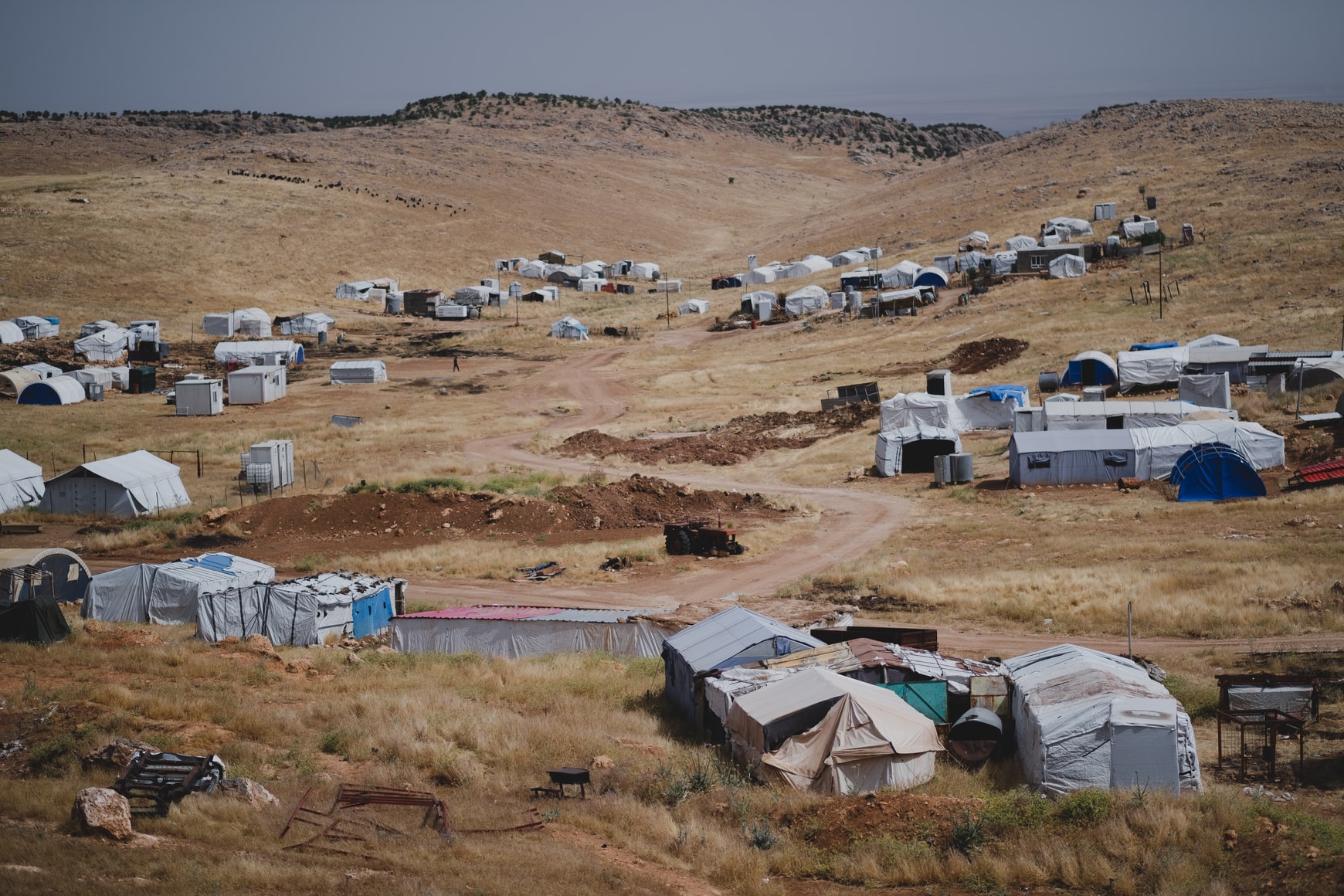Today’s theme in the Refugee Realities podcast series covers two of the core challenges that policymakers, researchers, and analysts face in the landscape of refugee governance and how we come to understand them. Sarah Phillips explores the issue of data around forced migration—its availability and validity, the ethics around using it, and the potential promise (and challenge) of big data. In her podcast, Aimée Wolff discusses one of the fundamental questions that refugee policymakers are grappling with: how will a changing climate impact patterns of forced migration, and what are the implications for our existing refugee system?
Data and migration: in discussion with IOM’s Data Analysis Centre
 Host: Sarah Phillips, MSc student in International Migration and Public Policy, LSE
Host: Sarah Phillips, MSc student in International Migration and Public Policy, LSE
Inspired by the decades-long struggle to collect consistent data on international migration globally, this podcast explores recent data innovation efforts made by the International Organization for Migration’s Global Migration Data Analysis Center (IOM’s GMDAC) in Berlin, Germany.
In this episode, Sarah spoke with two LSE alumni, Niklas Sievers, a former student in the MSc in International Migration and Public Policy program, and now a Data Innovation Analyst at GMDAC and Marzia Rango, a former student in the MSc in Development Studies program, and now the Data Innovation and Capacity-Building Officer at GMDAC. Their work at GMDAC centres around their mission to improve the data on migration globally while emphasising that statistics are more than just numbers: they represent real people in need of protection, rights, and help.
In addition to discussing the role of GMDAC in the field of migration studies, this episode highlights a few of the key issues, as identified by our guests, present in the field that affect forced migrants and refugees. Other topics covered include: trusting big data and policy-making; ethical concerns and responsible use of data; and the impact of big data on migration.
Listen to the podcast
Transcript
The human face of the climate crisis: forced migration and protection challenges
 Host: Aimée Wolff, MSc student in Health in International Development, LSE
Host: Aimée Wolff, MSc student in Health in International Development, LSE
The UNHCR estimates that 90 percent of refugees hail from countries that are the most vulnerable and the least prepared to adapt to the repercussions of climate change. In this episode, Andrew Harper, the special Advisor on Climate Action to the UN Refugee Agency, illuminates the increasing complexity behind the drivers of migration since the creation of the 1951 Refugee Convention and the implications of climate change on international protection.
The nature of forced migration and the drivers of migration have changed drastically since the end of World War 2. Today, climate change is considered to be the biggest issue on the forced displacement agenda, yet its consequences are felt disproportionally across the world. Since 2020, fragile states have been impacted by the so-called Triple C—climate change, conflict and COVID-19—whereby each acts as a threat multiplier.
Despite more people being displaced because of disasters relative to conflict, there is no explicit mention of ‘climate refugees’ in the 1951 Refugee Convention. Andrew Harper addresses highly debated questions of whether the UNHCR’s mandate and the legal definition of who constitutes a refugee should be expanded by referring to developments in international protection. In particular, he highlights the applicability of international refugee law through the UNHCR’s legal considerations on climate- and disaster-induced cross-border displacement, and touches upon the role of regional legal instruments governing the protection of refugees, such as the Kampala Convention and the Cartagena Declaration.
What remains clear is the international obligation to provide protection to those who had to flee their homes at no fault of their own. Doing so in the context of climate change and human mobility requires humanitarian agencies to shift their workings from a reactive to a proactive approach, bearing in mind that the most vulnerable are those who are unable to flee.
Listen to the podcast
_____________________________________________________________________________________________________
This post is opinion-based and does not reflect the views of the London School of Economics and Political Science or any of its constituent departments and divisions.
_____________________________________________________________________________________________________
Image credit: Julie Ricard on Unsplash





